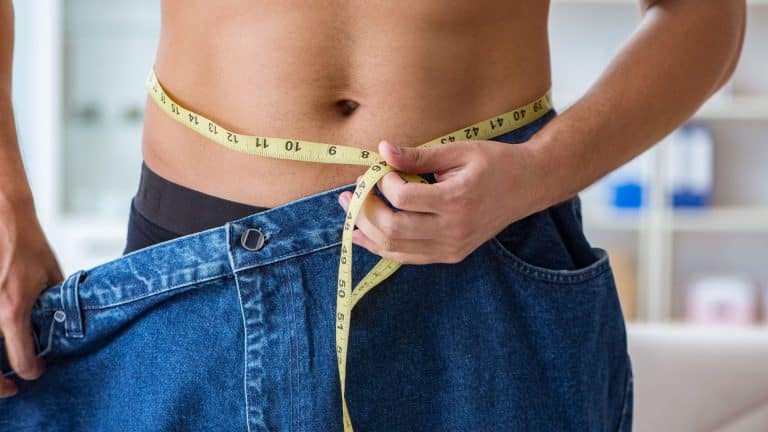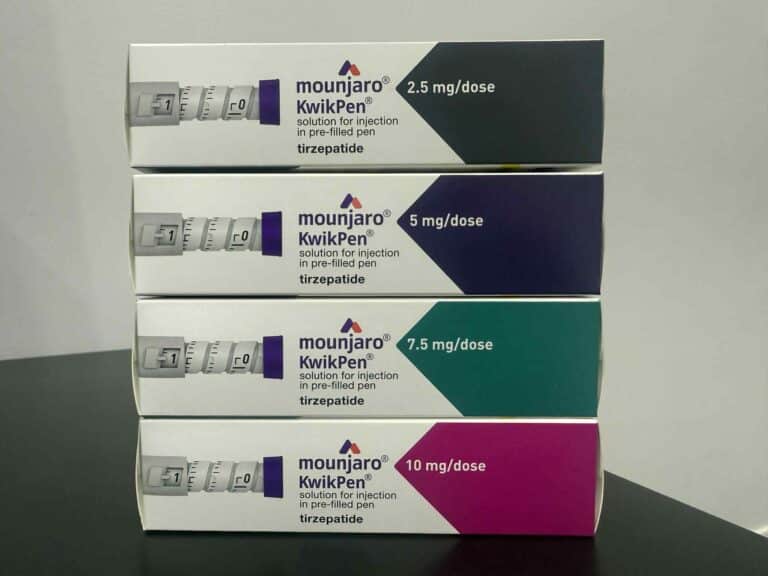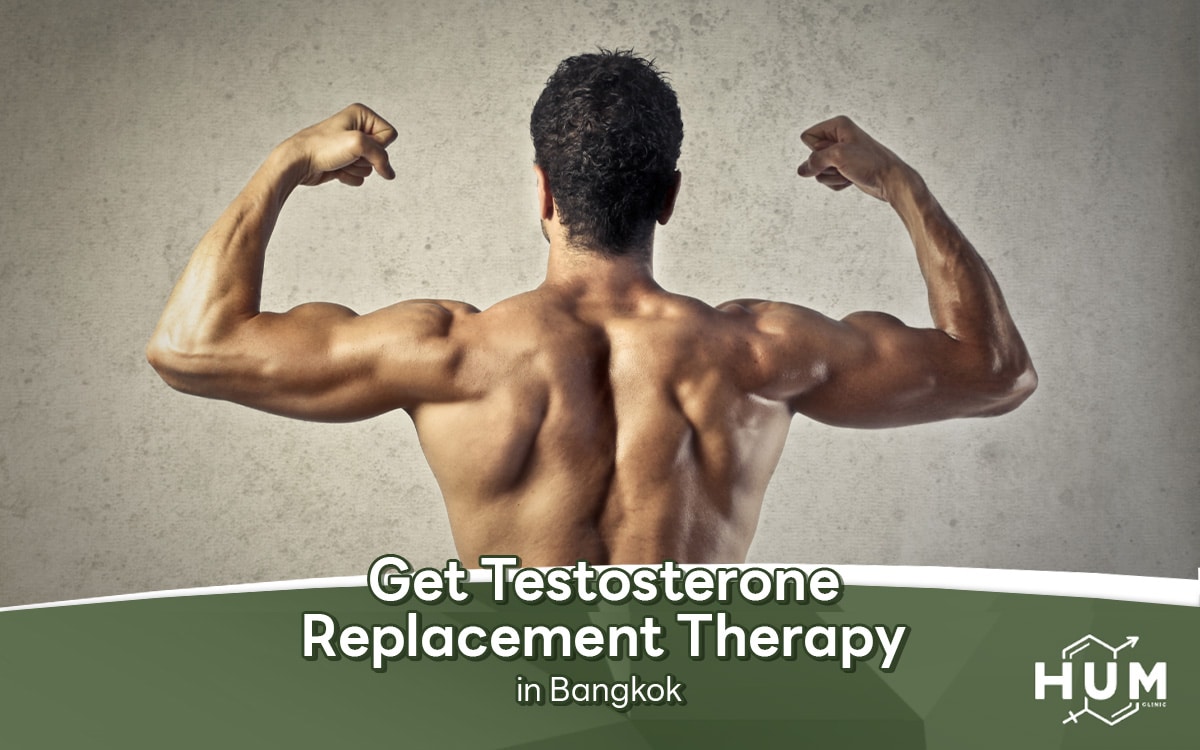
Get Testosterone Replacement Therapy in Bangkok
Table of contents
- What Is Testosterone Replacement Therapy?
- Why Is Testosterone Important?
- Optimal Testosterone Levels and Their Benefits
- How Do I Know If I Have Low Testosterone?
- How to Treat Low Testosterone with TRT
- What Are the Choices of Testosterone for TRT?
- What’s the Best Testosterone for TRT?
- What Are the Side Effects of TRT?
- What Are the Alternatives to TRT
- Why Choose H.U.M. Clinic for TRT in Bangkok?
Ready to boost your energy, revive your sex drive, sharpen your focus, and transform your body? At H.U.M. Clinic, we provide personalized testosterone replacement therapy (TRT) tailored to your unique hormone profile, lifestyle, and goals.
Whether you’re struggling with low libido, fatigue, brain fog, or stubborn fat, our experienced medical team uses a precision-based, evidence-driven approach to help you safely optimize testosterone levels, build muscle, reduce fat, and enhance mental clarity.
With over 5,000+ client visits, we’re trusted by men from Thailand and around the world for discreet, medically sound TRT programs that truly deliver results.
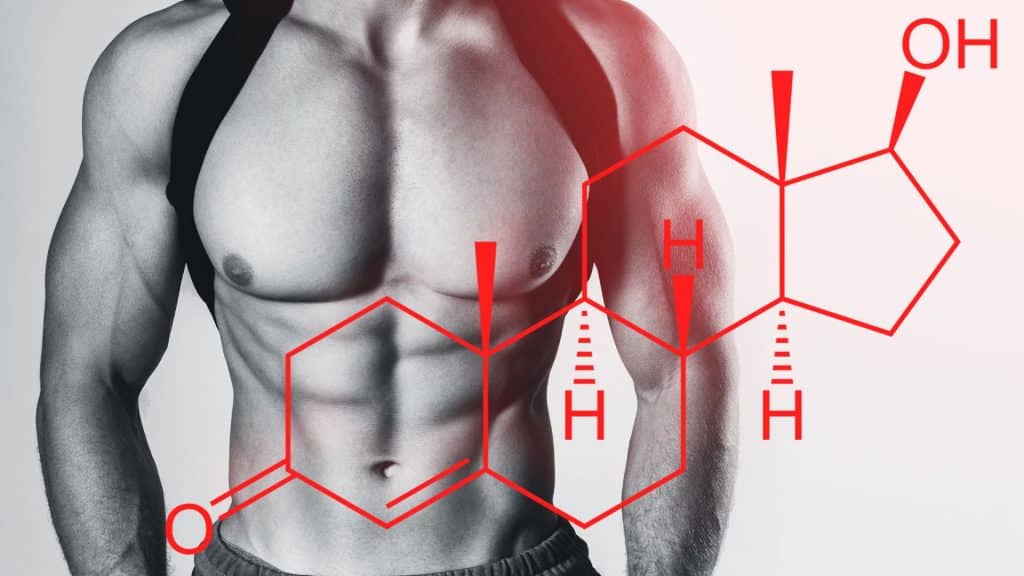
What Is Testosterone Replacement Therapy?
Testosterone Replacement Therapy (TRT) is a medical treatment designed to restore or optimize testosterone levels in men. While it’s commonly used to treat hypogonadism (clinically low testosterone), TRT is also beneficial for men who want to enhance performance, vitality, and long-term health by maintaining their hormones in an optimal range.
TRT can be administered through injections, transdermal gels, or hormone pellets, and has been shown to improve mood, energy, libido, muscle mass, and fat distribution. In addition to symptom relief, optimizing testosterone may also help prevent metabolic diseases such as type 2 diabetes, insulin resistance, and visceral obesity making it a powerful tool for both treatment and prevention.
Why Is Testosterone Important?
Testosterone is the primary male sex hormone, and it plays a central role in maintaining not just sexual health, but also overall physical and mental well-being. Optimal testosterone levels support multiple body systems and functions that are essential for quality of life.
Here’s why testosterone matters:
- Sexual Function & Libido
Testosterone fuels sexual desire, maintains erectile function, and supports reproductive health. Low levels can lead to reduced libido and weakened performance. - Muscle Mass & Strength
Testosterone is an anabolic hormone, meaning it promotes muscle growth, recovery, and physical strength. Deficiency often results in muscle wasting and poor workout response. - Fat Metabolism & Body Composition
Balanced testosterone helps regulate insulin sensitivity and fat distribution, particularly in the abdomen. Low T is linked to increased body fat, especially visceral fat. - Mood, Focus & Energy
Testosterone supports brain function, motivation, and stable mood. Low levels are associated with depression, irritability, brain fog, and chronic fatigue. - Bone Density & Cardiovascular Health
Testosterone helps maintain strong bones and prevents osteoporosis. It also influences vascular function, red blood cell production, and cardiovascular risk when kept in optimal ranges.
When testosterone drops below healthy levels, these essential functions are compromised affecting not just how you look, but how you feel and perform daily.
Why Low Testosterone Should Not Be Ignored
When left untreated, low testosterone doesn’t just affect energy or libido — it can have serious long-term health consequences. Research links chronically low testosterone to increased risk of:
- Metabolic syndrome and insulin resistance
- Type 2 diabetes
- Cardiovascular disease
- Osteoporosis and increased fracture risk
- Depression, anxiety, and cognitive decline
Early detection and proper treatment can help prevent these complications and restore quality of life.
Optimal Testosterone Levels and Their Benefits
Maintaining testosterone levels in the high-normal physiological range can lead to significant improvements in body composition, sexual health, cognitive function, and overall well-being. Research consistently shows that testosterone optimization—not just replacement—can help men thrive physically, mentally, and metabolically.
Proven Benefits of Optimized Testosterone Levels:
- Increased lean muscle mass and strength
TRT improves muscle protein synthesis and physical performance, especially when combined with resistance training.
Snyder et al., 2010 (NEJM): Men receiving TRT gained 6.1% more lean body mass and showed measurable gains in leg press strength. - Enhanced sexual performance and erectile function
TRT restores libido, improves erectile quality, and boosts sexual satisfaction in hypogonadal men.
Corona et al., 2016 (J Sex Med): A meta-analysis of 17 RCTs found that TRT led to significant improvements in erectile function scores, especially in men with baseline low testosterone. - Better cognitive clarity, mood, and motivation
Testosterone supports neurotransmitter function and cerebral blood flow.
Cherrier et al., 2005: TRT improved spatial memory and verbal recall in men aged 65+ with low T.
- Reduction in visceral fat and improved metabolic health
TRT improves insulin sensitivity and reduces central obesity.
Saad et al., 2011: Long-term TRT led to a 15% reduction in waist circumference and 25% reduction in visceral fat over 5 years.
By optimizing testosterone—not just treating deficiency—men can experience a higher quality of life, better physical performance, and protection against age-related metabolic decline.
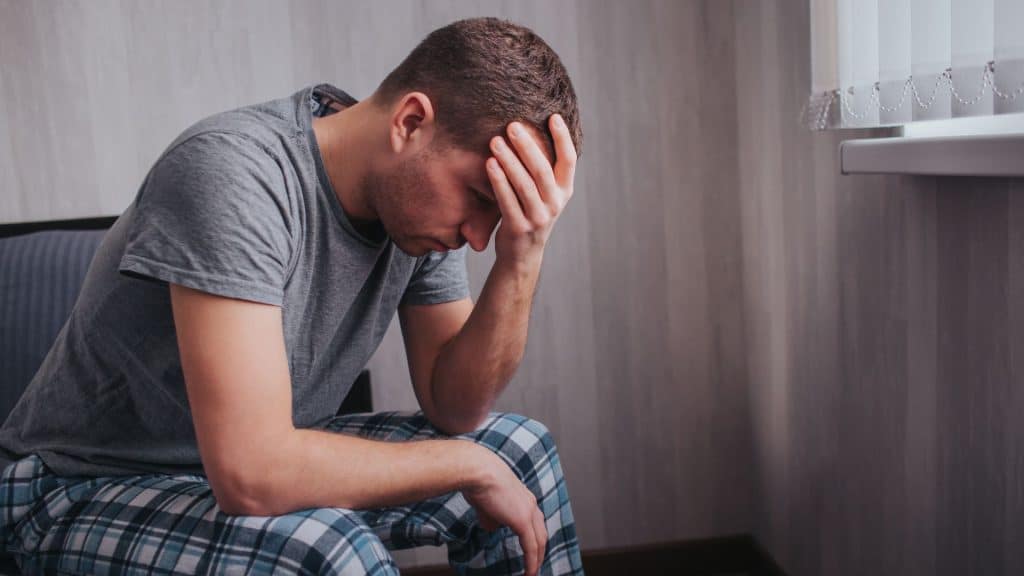
How Do I Know If I Have Low Testosterone?
Low testosterone (also known as androgen deficiency or low T) can affect men of all ages and often develops gradually. If you’re experiencing any of the following symptoms, it may be a sign that your testosterone levels are below optimal:
Common Signs of Low Testosterone:
- Decreased sex drive (low libido)
- Persistent fatigue or low energy levels
- Difficulty building or maintaining muscle mass
- Increased body fat, especially around the abdomen
- Erectile dysfunction or weaker morning erections
- Low mood, irritability, or symptoms of depression
- Brain fog, poor concentration, or memory issues
- Sleep disturbances or reduced sleep quality
- Bone loss, osteoporosis, or noticeable loss of height
If you identify with several of these symptoms, a testosterone blood test can help determine whether hormone imbalance is the root cause. At H.U.M. Clinic, we offer comprehensive testing and expert interpretation to guide your next steps.
Get Tested: Know Your Testosterone Level
At H.U.M. Clinic, we provide comprehensive testosteorne testing in Bangkok to ensure TRT is safe and appropriate for you. Our baseline evaluation includes:
- Total and free testosterone
- SHBG, LH, FSH, estradiol
- Prostate screening (PSA test)
- Thyroid function tests (TSH, FT3, FT4)
- Additional labs as needed (CBC, liver/kidney function, metabolic panel)
All results are reviewed by our experienced doctors, with a fast turnaround and clear, personalized treatment recommendations.

How to Treat Low Testosterone with TRT
What Is TRT?
Testosterone Replacement Therapy (TRT) is the gold-standard treatment for men with clinically low testosterone. It works by restoring hormone balance and relieving symptoms such as low energy, reduced libido, and muscle loss. TRT is evidence-based, safe, and widely used around the world to improve quality of life.
What Do I Need to Start TRT?
To begin testosterone therapy in Thailand, you’ll need:
- A consultation with an experienced doctor
- Blood tests to confirm deficiency and assess baseline health
- A tailored treatment plan based on your goals and lab results
Do I Need a Blood Test Before Starting Testosterone?
Yes. Proper diagnosis is essential. At H.U.M. Clinic, we follow international guidelines from the Endocrine Society and ISSAM, requiring at least two morning testosterone tests and symptom assessment before treatment.
What Are the Choices of Testosterone for TRT?
At H.U.M. Clinic, we offer several testosterone delivery options, tailored to your lifestyle, goals, and medical needs:
- Intramuscular injections – Including testosterone enanthate, cypionate, and propionate. These are commonly used and allow flexible dosing schedules.
- Long-acting injection – Testosterone undecanoate, offering extended intervals between doses.
- Transdermal gel – Applied daily to the skin for steady hormone absorption.
- Testosterone pellets – are not currently available in Thailand.
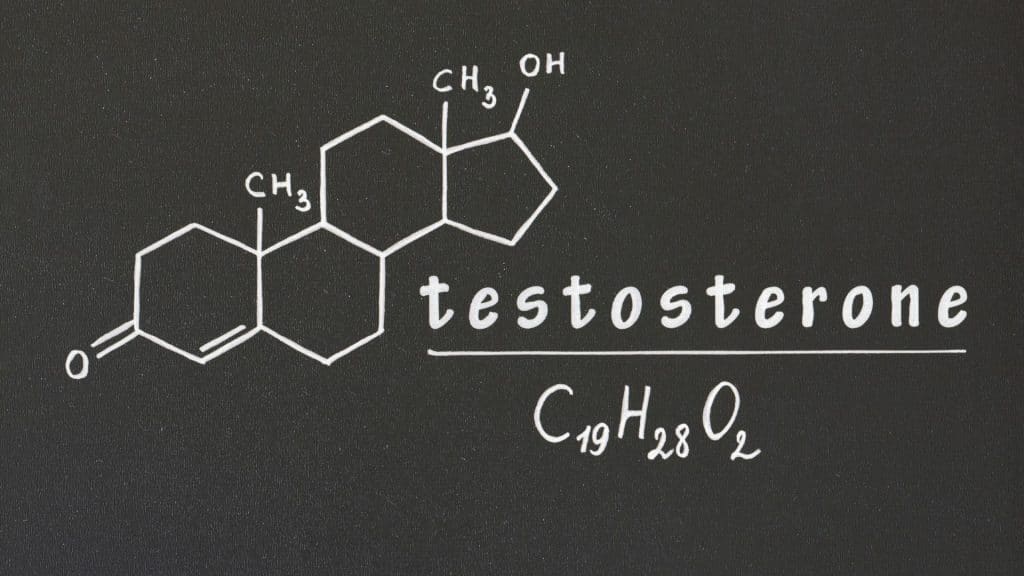
What’s the Best Testosterone for TRT?
There’s no one-size-fits-all when it comes to testosterone therapy. The best testosterone option depends on your individual goals, lifestyle, medical history, and how your body responds.
At H.U.M. Clinic, testosterone injections are the most commonly chosen due to their affordability, consistency, and ease of monitoring—but that doesn’t mean they’re right for everyone.
A proper consultation with our experienced TRT doctor is essential to determine the most effective and sustainable option for you.
What Benefits Can You Expect from TRT?
Testosterone Replacement Therapy (TRT) is more than just hormone balancing it’s about reclaiming your physical, mental, and emotional vitality. When properly prescribed and monitored, TRT can deliver a range of life-enhancing benefits, especially for men with symptoms of low testosterone.
- Build Lean Muscle and Strength
TRT promotes muscle protein synthesis, helping you gain lean mass and improve strength—especially when combined with regular resistance training.
- Boost Libido and Sexual Performance
Many men experience a return of sexual desire, improved erectile function, and more frequent morning erections within weeks of starting TRT.
- Reduce Body Fat
Testosterone helps regulate insulin sensitivity and metabolic rate, which can lead to visceral fat reduction and improved body composition.
- Improve Mood and Mental Clarity
TRT has been linked to better focus, improved mood, and reduced symptoms of depression and anxiety in men with low T.
- Increase Energy and Motivation
Optimizing testosterone can restore your sense of drive, boost daily energy levels, and improve motivation both in and out of the gym.
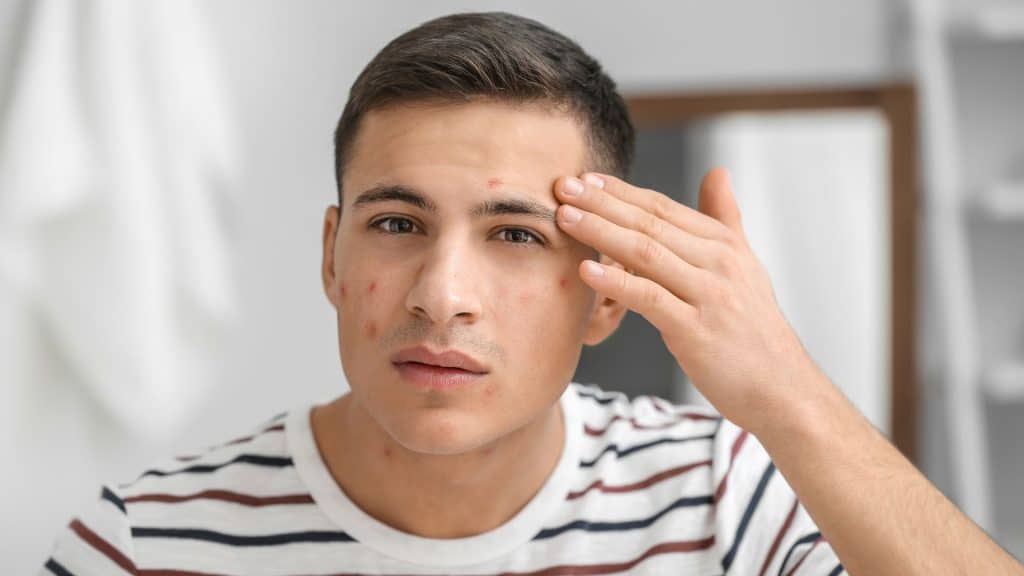
What Are the Side Effects of TRT?
While Testosterone Replacement Therapy (TRT) is generally safe when properly managed, side effects can occur—especially without appropriate monitoring. At H.U.M. Clinic, we follow evidence-based protocols and perform regular lab tests to keep your treatment safe and effective.
Common Side Effects of TRT:
- Acne or Oily Skin
Increased androgen levels may stimulate oil production, leading to acne, especially during the first few weeks of treatment.
- Increased Red Blood Cell Count (Polycythemia)
TRT can raise hematocrit and hemoglobin levels. If left unchecked, this can increase the risk of blood thickening or high blood pressure. Regular blood tests help detect and manage this.
- Testicular Shrinkage or Reduced Sperm Count
Exogenous testosterone may suppress the body’s natural hormone production, leading to testicular atrophy and reduced spermatogenesis. This is usually reversible and can be prevented or managed with HCG or Clomiphene.
- Fluid Retention
Some men may experience mild swelling or bloating, especially at the beginning of treatment. This is typically dose-related and manageable.
- Elevated Estrogen (Estradiol)
Testosterone can convert to estradiol via the aromatase enzyme. If estrogen rises too high, it may cause symptoms such as mood swings, water retention, low libido, or fatigue.
- Gynecomastia (Gyno)
High estrogen or hormonal imbalance may lead to the development of breast tissue in men (gynecomastia), which may cause tenderness or swelling in the chest. At H.U.M. Clinic, we monitor estrogen levels closely and provide aromatase inhibitors when clinically indicated to prevent this side effect.
Regular follow-up, lab tracking, and individualized dosing are key to minimizing these risks. At H.U.M. Clinic, your safety, comfort, and long-term results are always our top priorities.
How to Manage Side Effects
At H.U.M. Clinic, we take a proactive, evidence-based approach to managing TRT side effects. Our protocols are not generic, they are specialized, clinic-developed systems refined over years of experience with more than 1,000 real clients.
We minimize risks and optimize outcomes by:
- Monitoring blood levels regularly – Including testosterone, estradiol, hematocrit, PSA, and other health markers
- Precise dose adjustments – Based on lab results and individual symptom response
- Phlebotomy (bloodletting) – Used when red blood cell count is too high (polycythemia), reducing cardiovascular risks
- Fertility support – We use HCG or clomiphene when preserving sperm production and testicular function is a priority
- Estrogen control – Monitoring and managing estradiol with aromatase inhibitors when needed to prevent issues like gynecomastia
Our Protocol: Designed, Proven, Trusted
Our side effect management system is a clinically developed protocol unique to H.U.M. Clinic, backed by medical guidelines and validated in over 1,000+ real-world cases. It’s what sets us apart—delivering predictable, measurable results that clients can feel and track.
What Are the Alternatives to TRT
While Testosterone Replacement Therapy (TRT) is highly effective for many men, it may not be suitable for everyone especially those who want to preserve fertility or encourage their body to produce testosterone naturally.
At H.U.M. Clinic, we offer several medically sound alternatives, designed for men who prefer a more natural or fertility-preserving approach.
Medical Alternatives to TRT
- Clomiphene Citrate
A selective estrogen receptor modulator (SERM) that increases the brain’s production of LH and FSH, stimulating natural testosterone production and sperm development.
- Enclomiphene
A purified, more targeted isomer of clomiphene with fewer estrogenic side effects, often preferred for hormonal optimization without TRT.
- HCG Monotherapy (Human Chorionic Gonadotropin)
Mimics LH to stimulate testosterone to produce testosterone and sperm. It’s commonly used by men who want to maintain or restore fertility.
- Kisspeptin
An advanced peptide that stimulates the hypothalamus to release GnRH, which in turn signals the pituitary to produce LH and FSH leading to increased natural testosterone and sperm production.
Kisspeptin may be especially helpful for men with secondary hypogonadism or those seeking a peptide-based solution with minimal side effects.
Who Are These Options For?
These non-TRT treatments are ideal for men who:
✔️ Want to preserve or restore fertility
✔️ Prefer to stimulate their body’s natural testosterone production
✔️ Have early or functional hormone imbalance
✔️ Are not ready for lifelong TRT
Natural approach to Increase Testosterone:
- Clean diet (high protein, zinc, vitamin D)
- Consistent weight training
- Better sleep and stress management
- Targeted supplements (D-aspartic acid, magnesium, ashwagandha)
Meet Your TRT Doctor in Bangkok
At H.U.M. Clinic, you’ll be treated by experienced doctors specializing in testosterone optimization, men’s health, and hormone therapy. We provide confidential, science-based care with ongoing follow-up and support.
Why Choose H.U.M. Clinic for TRT in Bangkok?
✅ Doctor-led TRT programs with full lab monitoring
✅ Customized dosage plans—not one-size-fits-all
✅ English-speaking, foreigner-friendly clinic
✅ 100% genuine medication from authorized suppliers
✅ Convenient central Bangkok location
✅ Clear pricing, no hard sell
✅ Supportive aftercare for long-term success
Frequently Asked Questions (FAQ)
No. Testosterone is a controlled medication and requires a prescription from a licensed doctor.
Many patients report improved energy and libido within 2–4 weeks. Full benefits often appear in 3–6 months.
Yes, testosterone therapy may reduce sperm production. We offer HCG or alternatives to preserve fertility when needed.
Not always. Some men use TRT for a defined period. Our doctors will help you make an informed decision based on your needs.
When monitored correctly, TRT is safe and beneficial. We follow international safety protocols and adjust your plan based on ongoing labs.
Written By
Wichakorn Jitphaphun, M.D.

